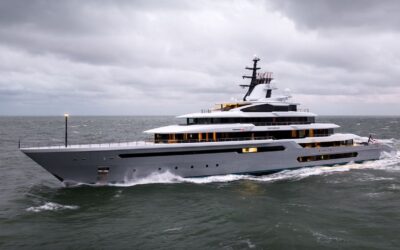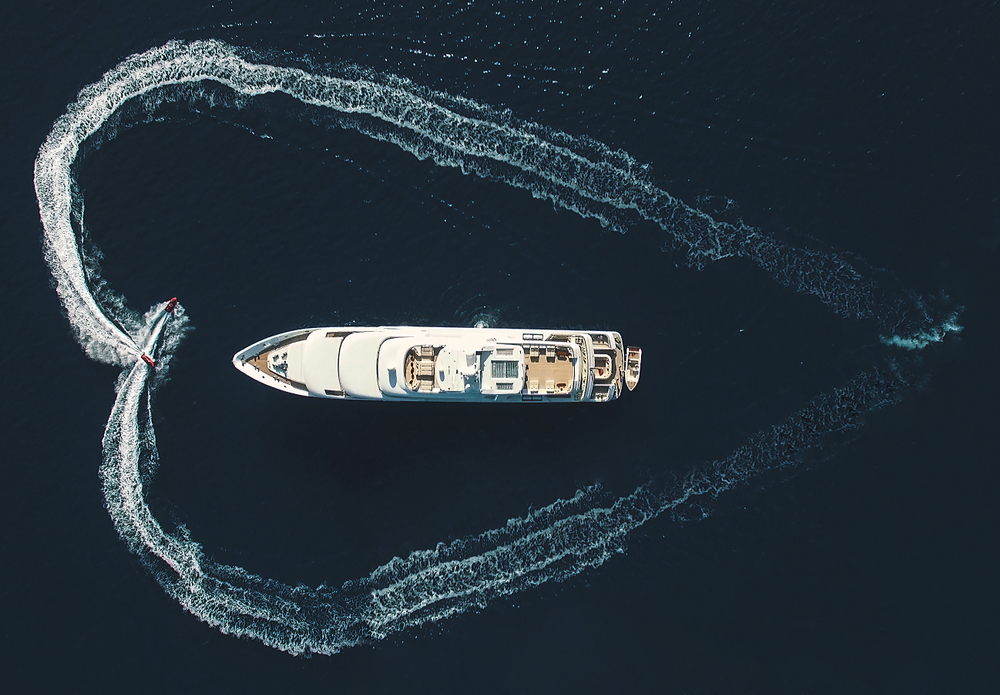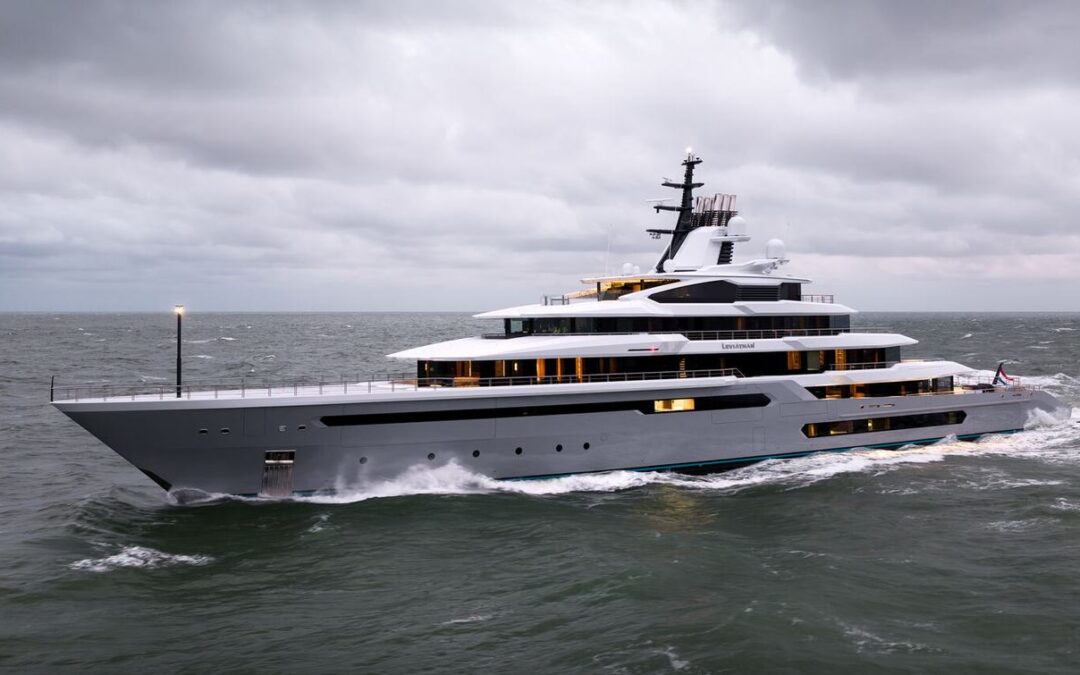Feadship Introduces Revolutionary Hydrogen-Powered Luxury Yacht
Feadship, a Dutch shipyard, has created a stir in the yachting industry with the unveiling of Project 821, a 119-metre motor yacht. Not only is it the biggest yacht to be ever constructed in The Netherlands, but it also features an innovative hydrogen fuel-cell power system. This wondrous piece of technology, which has been in the works for more than five years, is now considered a potential catalyst for change in the design of environmentally friendly superyachts.
Although its substantial dimensions exceed the recently introduced LAUNCHPAD by 30 percent in volume, what sets this yacht apart is its “zero-diesel” methodology. The ship can smoothly traverse from one harbor to another, or anchorages and continue operations, utilizing its facilities powered by the emission-free energy from green hydrogen. Even though hydrogen is not viable for prolonged voyages, it is capable of fully energizing the yacht’s hotel load via fuel cells.
Feadship’s dedication to environmental preservation is clear through their research and development work. The shipbuilding company’s goal is to create “net zero” yachts by the end of the decade, placing an emphasis on hydrogen research and various alternative fuel options that don’t depend on fossil fuels. Utilizing fuel cells powered by hydrogen in maritime uses is an important progression since it’s typically found in the motor vehicle and space industries.
The task of storing compressed hydrogen in its liquid form, at a temperature of -253°C, posed a considerable problem. However, Feadship’s financial commitment towards technology has resulted in the creation of a double-layered cryogenic tank. This tank has the capacity to store 92 m2 (around 4 tonnes) of hydrogen, as well as sixteen small fuel cells. These cells have the ability to utilize methanol, which is transformed into hydrogen through steam reforming for use in the fuel cell reaction.
The hydrogen system can greatly lessen the yacht’s carbon emissions by providing power for hotel loads, which is where the majority of energy is used. On extended trips or when hydrogen is not an option, MTU generators burn HVO, a type of biofuel, cutting emissions by as much as 90 percent.
Project 821 comes with a storage capacity of 543 kW hours for energy, along with fuel cell technology that allows for noiseless functioning for a week at anchor or journey with zero emissions at 10 knots. The project also incorporates a productive waste heat recovery system and a Smart AC system for managing energy.
Feadship holds the view that in the future, yachting will significantly benefit from the use of fuel cells due to their efficiency, minimal emission of particles, and low noise pollution. The company stresses the need to prioritize reducing carbon footprint in its primary processes and the production of fuels or hydrogen carriers with net-zero carbon emissions.
At present, Edmiston is putting Project 821 up for sale, signifying a crucial milestone in the path to adopting environmentally friendly fuels and sustainable yachting customs.
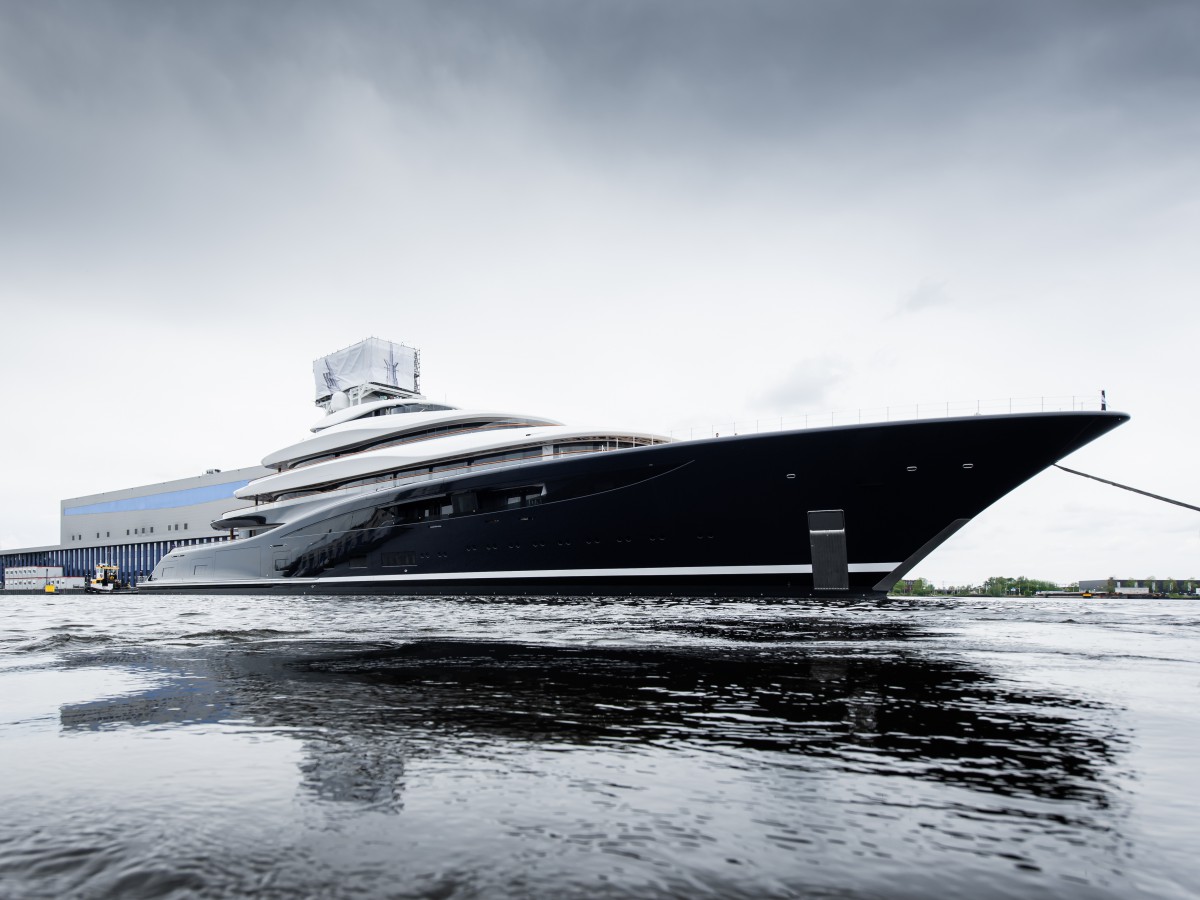
Hydrogen Fuel: The Superyachts of the Future
Project 821’s launch symbolizes not just an engineering and design victory, but also a courageous forecast on the future of eco-friendly yachting. With the yacht industry’s continuous progression, Feadship’s newest masterpiece establishes a fresh benchmark for luxury sea travel with an environmental consciousness.
This article has been sourced from press releases and cross-referenced with multiple trusted websites. Facts were originally sourced from Source and Sources. Images are credited to Source. While efforts have been made to ensure accuracy, readers are encouraged to verify details independently.
